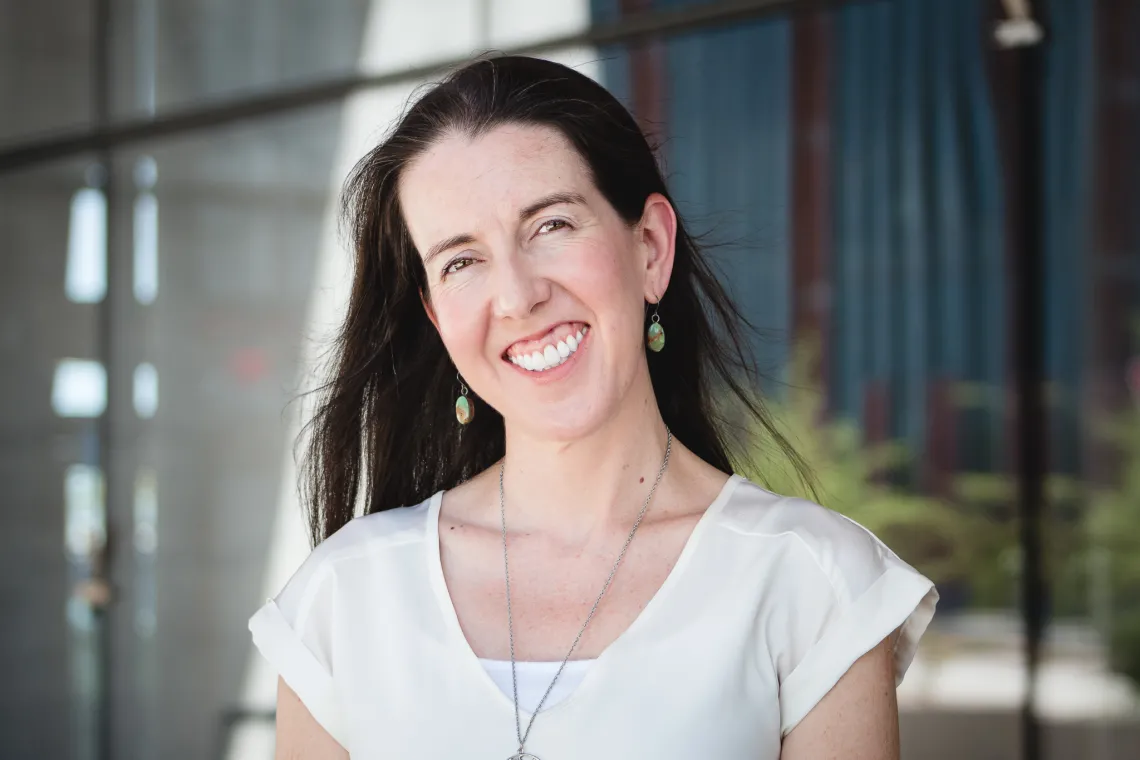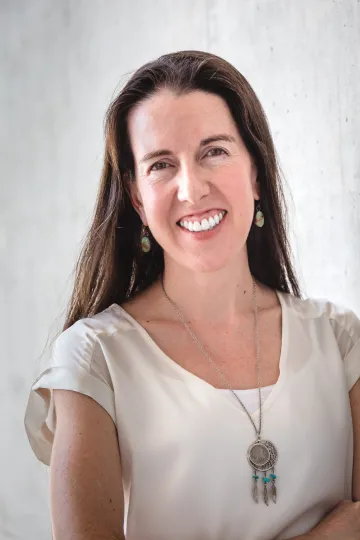Diversity and Inclusion Spotlight: Dr. Jennifer Erdrich

Jennifer Erdrich, MD, MPH, is an assistant professor of surgery with the Division of Surgical Oncology. She specializes in breast, sarcoma, and skin surgical oncology and provides general surgical oncology to native populations throughout Southern Arizona.
Where are you from?
I was born and raised in San Diego, but I spent a lot of time in North Dakota and Minnesota because both of my parents are from there.
What brought you to Tucson?
I‘ve always been interested in Native American health. The University of Arizona is geographically prime for working with tribes, which is what first captured my interest. Then I met [interim chair] Dr. Taylor Riall and [former chair] Dr. Leigh Neumayer, who supported my idea of surgical outreach with Native communities. Once I met everyone else in the Department of Surgery, I thought, ’this is where I want to work!?
What does diversity and inclusion mean to you?
I think it's key to phrase ‘diversity and inclusion? together, because diversity always exists. Everyone has different backgrounds and experiences, but with the word Inclusion, we're announcing that we celebrate that diversity, that we recognize our differences as contributions, that we're building something better from our collective energy and utilizing everyone’s different backgrounds and talents.
What are some obstacles you‘ve overcome on your personal journey?
I have a foot in both worlds, in terms of both my heritage and my academic interests. I‘m German, Irish, and Chippewa. I've experienced the tension of this mixed background, but I‘ve also come to see my role between both worlds as a facilitator. My academic background is also mixed. I come from a humanities background as an English major, but now I‘m in the sciences. The two have vastly different vocabularies and philosophies, which is something else I've had to bridge.
Then there are always challenges with gender bias, which is pervasive and hasn't seemed to lighten along the journey.

What strengths do you feel like your diversity has given you?
For me, my diversity has helped me navigate two different worlds. I think that different ethnic communities can sometimes be too intimidated to talk to each other. Coming from European American and Native American lineages has at times allowed me to be a translator and facilitator. The ability to build bridges has probably been the biggest advantage and one that I hope leads to service and provides connection from one group to the other.
What is the importance of diversity and inclusion in surgery specifically?
I think that the importance of diversity among our team the surgeons, the nurses, the anesthesiologists, the whole OR staff is that we‘re relatable to our patients. We need to be as diverse as our patient population. We ask patients to trust us for some of the most challenging and high-stakes situations of their lives. During their operations, they entrust us to make decisions on their behalf and to provide compassionate, respectful care while they're asleep. That doesn’t happen in other professions. It’s crucial that our surgical team includes all the diverse communities around us so that patients feel safe and connected in our hands.
How do you hope to see the field of surgery become more diverse and inclusive?
I think that we‘re already doing the right things when it comes to diversity and inclusion; now it's a matter of amplification. The field has the right elements a diverse array of ethnicities, religions, orientations, genders, etc. but we need to make sure individuals aren't just talking heads at a table for whichever background they're representing. We have to get to action and ensure our diversity becomes inclusive and active by connecting to patient populations we wouldn’t have otherwise and by creating a pipeline. We need to attract residents and students from the backgrounds that haven't been a part of this field historically and show them they can be surgeons and a vital part of the surgical community.

